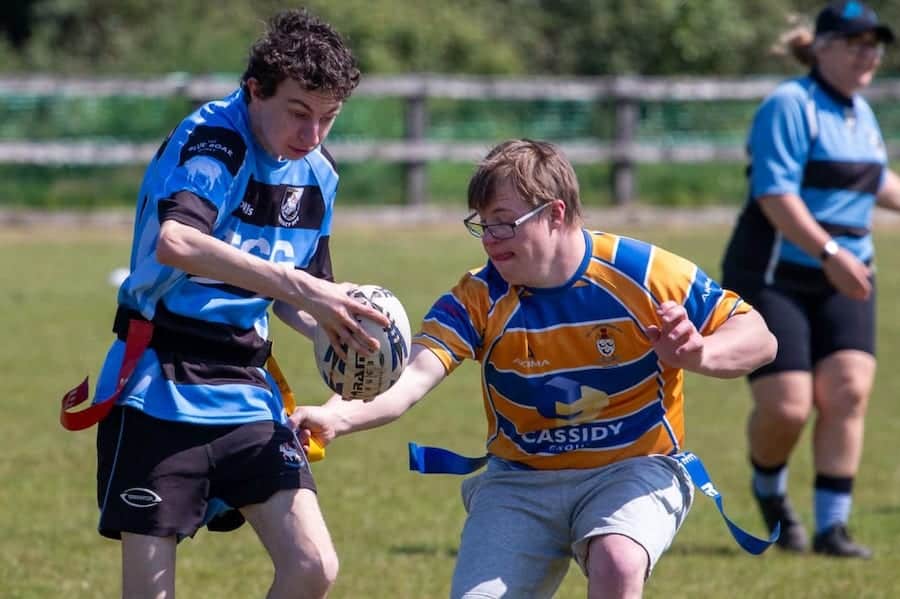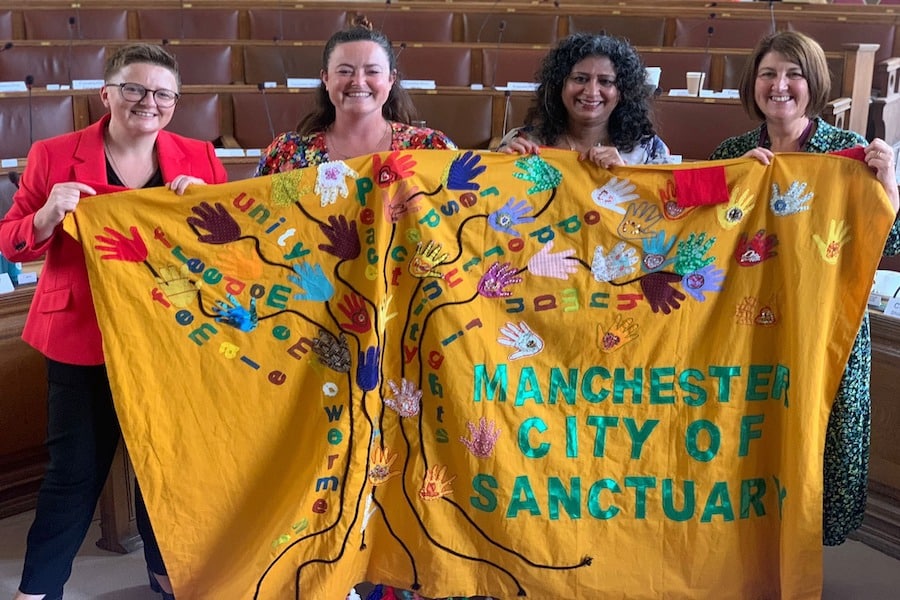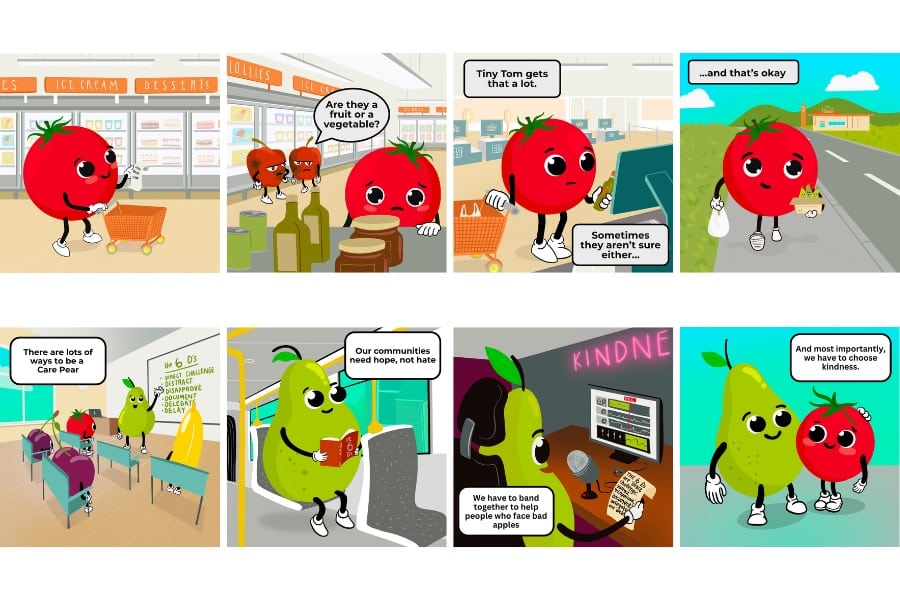Thousands of Manchester women could be suffering from this agonising condition – and diagnosis can take years
- Written by Louise Rhind-Tutt
- Last updated 3 years ago
- Health & Wellbeing

I first discovered I had endometriosis when I made an emergency appointment with my doctor following two nights of pain so severe it made me double over and vomit.
A scan showed a huge cyst, almost 8cm in size, on one of my ovaries. Only morphine could numb the pain. There was a risk it might twist or rupture, and it was so serious I was sent straight to A&E on a Friday evening. I underwent emergency surgery early on the Saturday morning.
I’d always had bad period pain from being a teenager, but I didn’t really know what endometriosis was. Like many women and girls, I assumed excruciating pain was just part of the monthly package.
I wasn’t alone. New research released as part of Endometriosis Awareness Month, which takes place every March, reveals that the majority of people in the UK still do not know what endometriosis is: 54%, increasing to 74% of men.
“Endometriosis is a condition where tissue similar to the lining of the womb starts to grow in other places, such as the ovaries and fallopian tubes,” explains Faye Farthing, campaigns manager for Endometriosis UK, a leading UK charity offering support services, reliable information and a community for those affected.
“The condition affects everyone differently, and is a spectrum condition – so for some people they may have little to no symptoms at all, whereas for others it can be completely disabling.”
Common symptoms include painful and irregular periods, chronic pelvic pain, painful bowel movements and pain when urinating, and pain during or after sex. Extreme fatigue is very common, and fertility may also be affected. It was recently listed as one of the 20 most painful conditions according to the NHS.
Incredibly, it’s a condition that affects one in 10 women from puberty to menopause. That’s roughly the same number of people as Type 2 diabetes, and means approximately 17,000 women in Manchester could be suffering.
But there is no cure, and doctors know little about what causes it.
On top of that, endometriosis takes a shocking average of 7.5 years to diagnose, and can have a huge impact on all aspects of a woman’s life, both mental and physical.
“Far too often, women are dismissed for their pain – and told it’s ‘in their head’ or to ‘just get on with it’, because of the societal taboos associated with women’s pain,” says Faye.
“Perhaps most alarming is that 62% of women between the ages of 16-24 don’t know what the condition is, which shows the huge importance of understanding the symptoms and what is and isn’t normal from a young age, so that people know when to seek help.”
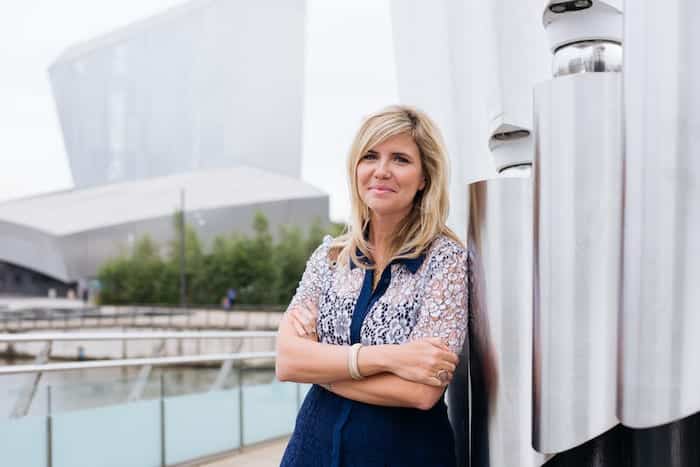
Talking about our menstrual cycles is important, believes broadcaster and journalist Emma Barnett, who grew up in Manchester. Her book Period, published last year, aims to remove the stigma and myths which still surround the female body.
A presenter on Newsnight, Late Night Woman’s Hour and her show on BBC Radio 5 Live, Emma also suffers from endometriosis. She recently wrote in the Daily Telegraph about the “excruciating, bone-deep, knuckle-dragging pain” associated with it.
“Endo is a very common but poorly diagnosed disease,” said Emma when I asked her about the condition.
“But even if you are lucky enough to be believed and get a diagnosis – there is no cure. And this begins a long road of trying to manage this silent thief.
“Endo robs me and millions of women of a normal pain-free life every month. If men had this disease there would be a cure. Or a national emergency declared…”.
She is sadly right about the lack of a cure. Following my first operation, and a just few months without crippling pain, the agony returned.
Rushed back to A&E, I had to undergo another operation. Then, the following year, after a cocktail of hormones and hefty painkillers, yet another. And it’s not over.
“More needs to be done to break down the taboos associated with menstrual health, and work towards a society where conditions like endometriosis are acknowledged and understood,” says Faye.
“The impact on mental health can also be huge – with a recent report by the BBC showing that 94% of people felt the condition had badly impacted their mental health, with 54% of people experiencing suicidal thoughts.
“The NHS needs to wake up and act to ensure women with endometriosis are given the support they need.
“Sadly, the stigma for people with endometriosis is still rife – and we all have a part to play in turning this around.”
- This article was last updated 3 years ago.
- It was first published on 3 March 2020 and is subject to be updated from time to time. Please refresh or return to see the latest version.
Did we miss something? Let us know: [email protected]
Want to be the first to receive all the latest news stories, what’s on and events from the heart of Manchester? Sign up here.
Manchester is a successful city, but many people suffer. I Love Manchester helps raise awareness and funds to help improve the lives and prospects of people across Greater Manchester – and we can’t do it without your help. So please support us with what you can so we can continue to spread the love. Thank you in advance!
An email you’ll love. Subscribe to our newsletter to get the latest news stories delivered direct to your inbox.
Got a story worth sharing?
What’s the story? We are all ears when it comes to positive news and inspiring stories. You can send story ideas to [email protected]
While we can’t guarantee to publish everything, we will always consider any enquiry or idea that promotes:
- Independent new openings
- Human interest
- Not-for-profit organisations
- Community Interest Companies (CiCs) and projects
- Charities and charitable initiatives
- Affordability and offers saving people over 20%
For anything else, don’t hesitate to get in touch with us about advertorials (from £350+VAT) and advertising opportunities: [email protected]

Review: Animal Farm at Octagon Theatre ‘brings Orwell’s dystopian masterpiece to life’
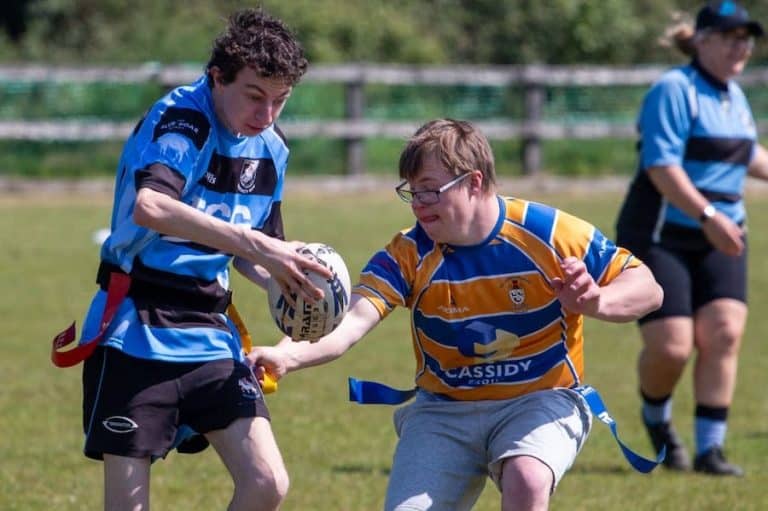
“Sports belongs to everyone” Meet the charity on a mission to ensure sport is for all

The game-changing, free-to-use space for artists and creatives opens

Manchester is a ‘city of sanctuary’ – but what does that mean?

“A spectacular showcase of storytelling” Manchester Film Festival reveals 2025 line up







